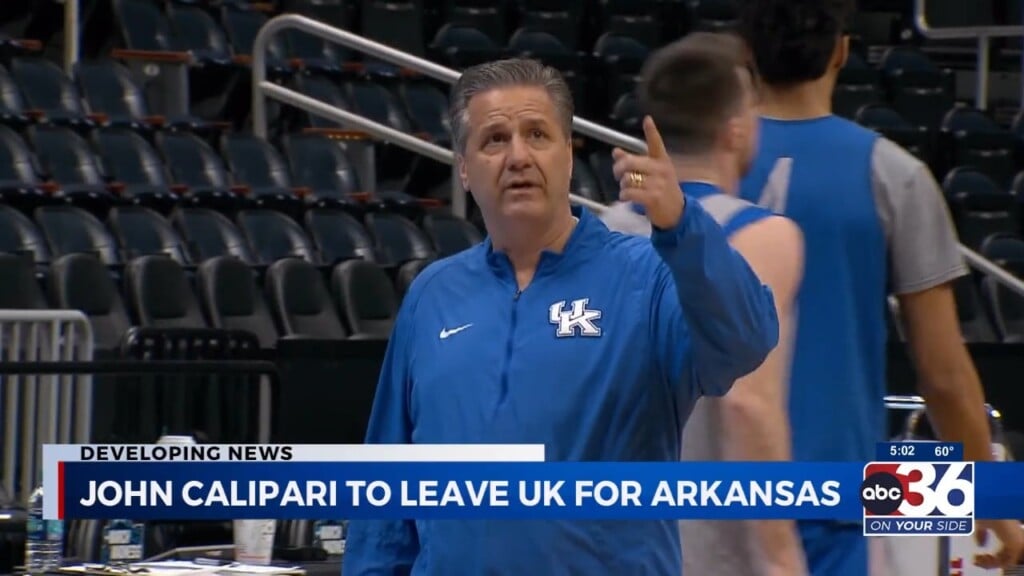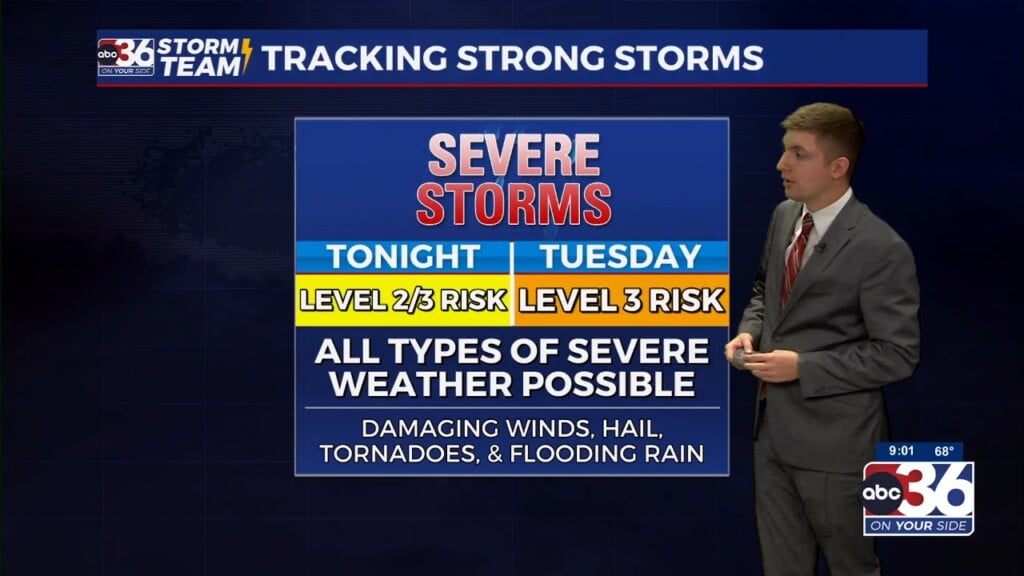Colombia’s peace deal on verge of being voted down
BOGOTA, Colombia (AP) — Colombia’s peace deal with leftist rebels was on the verge of collapsing in a national referendum Sunday, with those opposing the deal leading by a razor-thin margin with almost all votes counted.
Polls taken before the national referendum, in which voters were asked whether they wanted to ratify or reject a deal ending a half century of hostilities with the Revolutionary Armed Forces of Colombia, had pointed to the “yes” vote winning by an almost two-to-one margin.
But with more than 99 percent of polling stations reporting, 50.2 percent opposed the accord while just 49.8 percent favored it — a difference of less than 63,000 votes out of 13 million ballots.
The surprise outcome opens an uncertain outlook for the peace accord and is a major blow to President Juan Manuel Santos, who ever since being elected in 2010 had vowed to put an end to a half-century conflict that killed 220,000 and displaced almost 8 million.
Opposition to the accord, led by influential former President Alvaro Uribe, argued that the government was appeasing the FARC and setting a bad example that criminal gangs would seize on. If the “no” vote prevailed, Uribe said, the government should return to the negotiating table.
But that is an option that Santos has ruled out. It’s unclear if fighting will resume or what other options the government has to save the accord.
The FARC, in a cryptic message, made no indication of its future plans. “The love we feel in our hearts is gigantic and with our words and actions will be able to reach peace,” the rebels said in a message published on Twitter as the “no” vote looked headed to victory.
The highly polarized campaign exposed how steep a challenge the government would face implementing the 297-page accord and bringing about real reconciliation. Colombians overwhelmingly loathe the FARC, which the U.S. considers a terrorist group, and many considered provisions in the accord that would spare the rebels jail time an insult to victims of the long-running conflict.
Turnout was low, less than the 40 percent seen in recent congressional elections, a further sign to some analysts that Colombians’ enthusiasm for the ambitious accord was lacking. Turnout was especially affected along the Caribbean coast, where support for the government is highest, as a result of heavy rainfall from Hurricane Matthew, which made it impossible to set up a few polling stations in La Guajira peninsula.
In the past month, ever since the deal was announced in Cuba after four years of grueling negotiations, the government spent heavily on television ads and staged concerts and peace rallies around the country to get out the vote. It even enrolled the help of U2’s Bono and former Beatle Ringo Starr. And for the first time in an election, it made ballots available in Braille so blind Colombians could vote.
Santos had urged his compatriots to vote early and take inspiration from Indian independence leader Mahatma Gandhi.
“We in Colombia have to adopt this culture of non-violence,” Santos said shortly after casting his ballot in a washed-out Plaza Bolivar next to the presidential palace. “All of us can be protagonists in this historic change taking place in our nation.”
The FARC in recent days made an effort to show its commitment to peace is real. Twice this week leaders of the group traveled to areas hit hard by violence to apologize for massacres committed by their troops and discuss with communities how they can compensate victims.
“All of us in life have committed mistakes, some with consequences more serious than others,” FARC leader Ivan Marquez said Friday at a ceremony in a northern Colombian town where rebels in 1994 disrupted a street party with gunfire, killing 35. “There’s nothing to lose in recognizing it. Speaking the pure and clean truth heals the soul’s wounds, no matter how deep they are.”
On Saturday, in the presence of United Nations observers, the FARC voluntarily destroyed 620 kilograms of grenades and light explosives. It also said they would compensate victims with financial resources and land holdings accumulated during the war.
Although Santos wasn’t required to call for a vote ratifying the accord — some of his advisers and the FARC itself opposed the idea — the outcome would be binding.
Only if it is ratified will the FARC’s roughly 7,000 fighters begin moving to 27 concentration zones where over six months they will gradually turn over their weapons to U.N. observers and prepare for their reintegration into civilian life.
___
Joshua Goodman is on Twitter: https://twitter.com/apjoshgoodman . His work can be found at http://bigstory.ap.org/journalist/joshua-goodman.
Andrea Rodriguez is on Twitter: https://twitter.com/ARodriguezAP . Her work can be found at http://bigstory.ap.org/content/andrea-rodriguez .




Leave a Reply